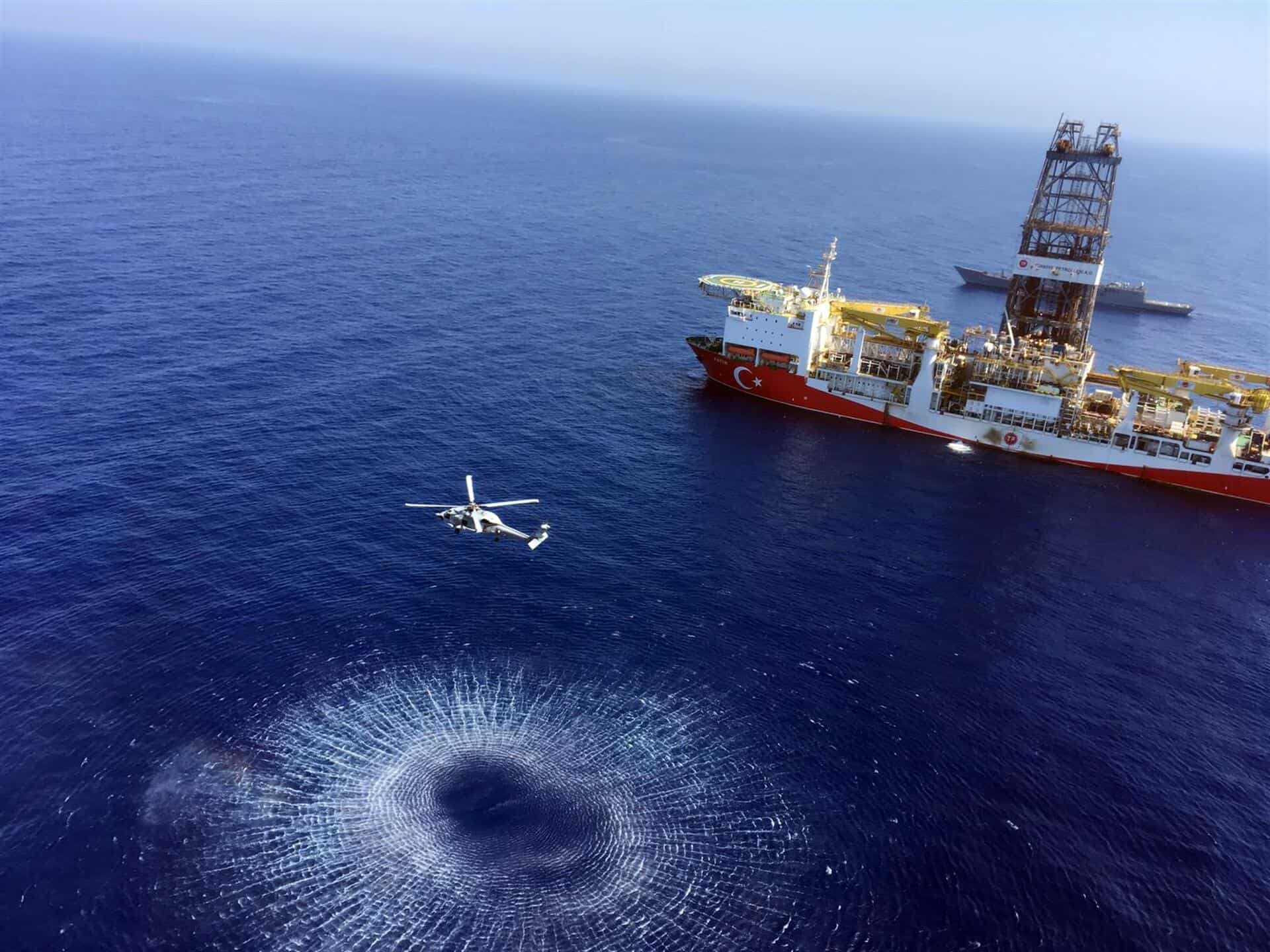“To Defend the Interests”: Under Political Fog in the Eastern Mediterranean

On Wednesday, August 7, representatives of Greece, Cyprus, Israel and the United States agreed on intensive cooperation at an energy conference in Athens. The first Ministerial Conference on Energy was attended by the Minister of Environment and Energy of Greece, Kostis Hadzidakis, the Minister of Energy, Trade and Industry of Cyprus, Yorgos Lakkotripis, the Minister of Energy of Israel, Yuval Steinitz, and the Assistant Secretary of State for the Use of Energy Resources, Francis Fannon. It involves the supply of energy and the implementation of the plan for the construction of a gas pipeline from the Eastern Mediterranean (EastMed pipeline). As for the EastMed gas pipeline, which is planned to be laid to transport natural gas from the Eastern Mediterranean to Europe through Greece, the conference participants announced the decision “to expedite the process and develop cooperation with Italy to advance this project as soon as possible.” According to Lakkotripis, “the three countries and the United States have a common desire to create a corridor for natural gas supplies in the Eastern Mediterranean, since this region, with discovered hydrocarbon deposits and those that are likely to be found in the future, is turning into an alternative source of natural gas supplies to the EU “. As an outcome of the summit a “Joint Statement on the Ministerial Meeting of the United States, Greece, Republic of Cyprus, and Israel Regarding Cooperation in the Field of Energy” was published.
However, a part of the regional geometry, namely Turkey, is a strong counterbalancing power, which can change the situation within the current conjuncture.
The Eastern Mediterranean is a powder keg where proven (and projected) oil and natural gas reserves cause competing claims on one side from Cyprus and Greece, and, on the other side, from Turkey. The issue of hydrocarbons increases already high degree of the political tensions in the region, and, despite attacks from the Greek side, the arguments of Turkey remain quite convincing and logical.
Besides the claim that drilling territory is within the continental shelf waters of Turkey, Ankara insists that Greek Cypriots do not have the right to produce hydrocarbons in the Eastern Mediterranean without reaching an agreement on equitable sharing of income with Turkish neighbors. This was highlighted in another manner by US representative by stating that “island’s oil and gas resources should be shared equitably between both communities in the context of an overall settlement”.
Currently, the United States would appear as a part within the triangle and, from the one perspective, the fact of US attending the Summit in 3+1 format in Athens, may be regarded as the restrain or rollback policy towards Turkey, however, joint military operation of US and Turkey in Northern Syria and rhetoric of it continuity as well as America’s possible give up to play “Kurdish card” may result in the rapprochement between the United States and Republic of Turkey, and this in its turn may change the power equation in the barricades. We will all witness how the Turkey will act in such conditions and if this “thaw” in US-Turkey relations would change the balances in the Eastern Mediterranean and reorganize the fronts.




